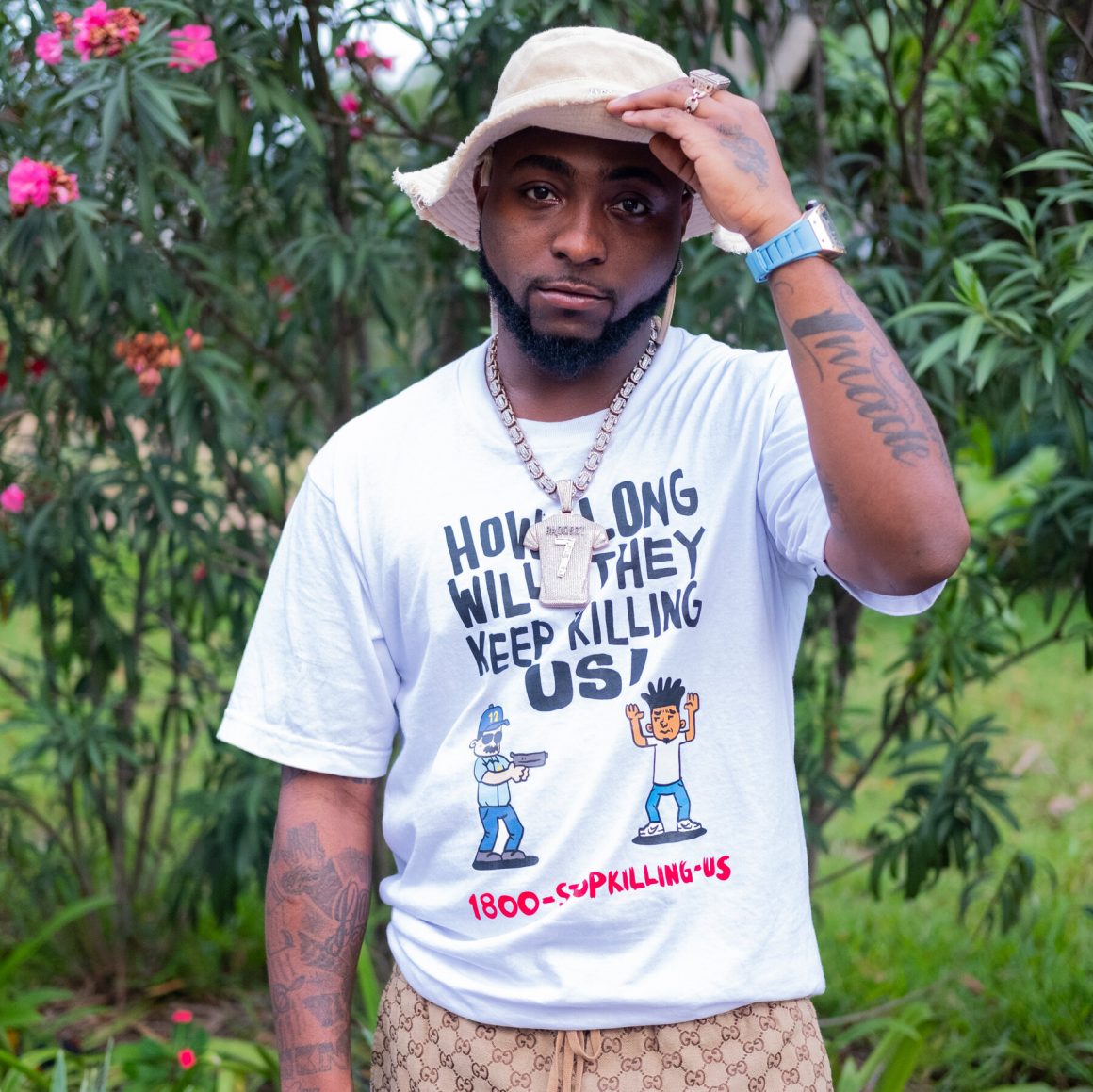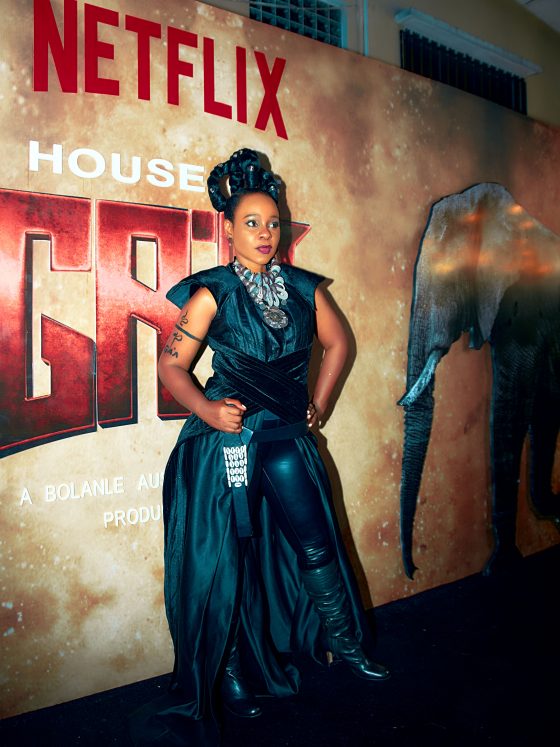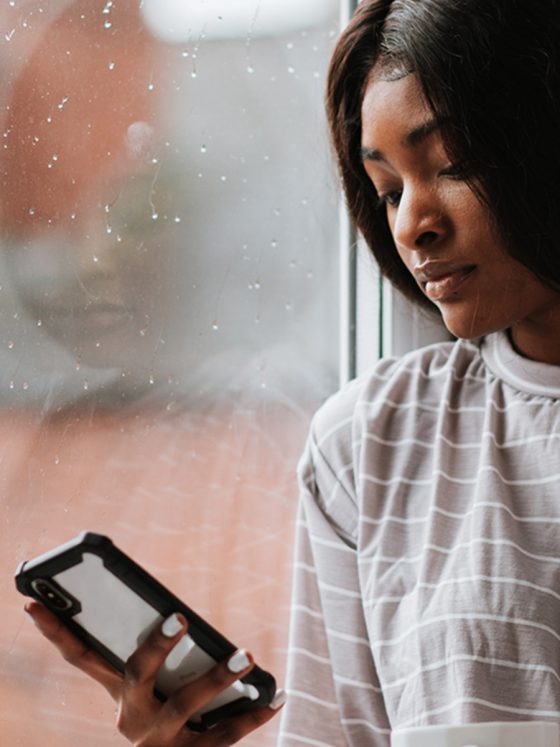My life, your entertainment
You watch it while I live it
I walk, they follow
I talk, they holler
Just here for your amusement
– My Life Your Entertainment, Lyrics by T.I.
In today’s celebrity-obsessed culture, fame is often seen as the ultimate achievement. With millions of fans, adoring followers, and luxurious lifestyles, celebrities appear to have it all. But behind the glitz and glamour lies a harsh reality that many celebrities face—the loss of their privacy.
For celebrities like Tiwa Savage, Davido, and Banky W, the line between their personal and professional lives is increasingly blurred. They live under a constant microscope, with the media and fans eager to capture their every move. From the moment they step out of their homes to their most private moments, nothing seems off-limits. Privacy becomes a luxury they can rarely afford. Living their day-to-day lives in the public eye, they must contend with exposed truths, fabrications, and distortions perpetuated by gossip columnists. This invasion of privacy is a constant companion, lurking in the shadows, waiting to pounce on the slightest misstep or vulnerability. In today’s social media era, where everyone has a voice and access to a global audience, the invasion of privacy has reached new heights.
When a person becomes famous, their life is no longer their own. Every aspect of their existence becomes fodder for public consumption. Nothing is off-limits, from their relationships and family affairs to their fashion choices and even their most intimate moments. Gossip blogs and obsessed fans hound them relentlessly, invading their personal space and capturing candid moments without consent. “Not everyone loves Jesus Christ, so who am I to talk about people saying things about me? You can’t make everyone happy. I don’t try to waste time on people that don’t love me, so I just spend time with people that love me so I don’t disappoint them,” says Tiwa Savage, who has had more than her fair share of scandals.

Privacy is a fundamental human right enshrined in various international declarations and constitutions. However, for them, this right is often eroded by the public’s insatiable appetite for gossip, scandal-driven tabloids, and gossip websites that publish sensationalised stories, often with little regard for accuracy or the impact it may have on the individuals involved. The line between public interest and invasion of privacy becomes blurred, leaving celebrities vulnerable to the incessant scrutiny of the media.
But why should we care about the privacy of celebrities? After all, they signed up for a life in the public eye, didn’t they? While it’s true that fame comes with perks and benefits, it’s important to remember that celebrities are not commodities. They are individuals with a right to personal space and dignity. The fact that they have chosen a career in the spotlight does not negate their right to privacy. Like everyone else, they are not immune to the consequences of this loss of privacy, which include a range of negative emotions like anxiety, depression, and a loss of self, driving even the most resilient individuals to the brink of despair.
Sometimes the loss of privacy extends beyond the individual celebrity. Their loved ones, including partners, children, and close friends, also become targets of invasive media attention. Children of famous parents, in particular, often grow up in the spotlight, their every move documented and judged. This constant exposure can impact their emotional well-being and development, robbing them of a normal childhood and the chance to make mistakes and learn from them in private.

Of course, it would be naive to suggest that celebrities should be completely shielded from public scrutiny. Accountability and transparency are important in any democratic society, and public figures should be held responsible for their actions. However, there is a fine line between responsible journalism and the relentless invasion of privacy. Sensationalism and the pursuit of profit should not override the basic principles of decency and respect. We must consider the impact of our insatiable appetite for celebrity gossip, as this demand for information fuels the invasion of privacy, creating a vicious cycle that perpetuates the loss of personal boundaries. As long as there is a market for intrusive, scandalous news, celebrities will continue to suffer the consequences. At this point, it is a collective responsibility for us all to question our own voyeuristic tendencies and recognise the human cost behind the headlines. It is also important to remember that celebrities are human beings with emotions, vulnerabilities, and a right to privacy. The argument that they willingly signed up for a life in the public eye when they chose their career is flawed. While they may have chosen fame, they did not choose to sacrifice their fundamental rights. The public’s fascination with celebrity culture should not come at the expense of an individual’s well-being and right to live a private life. Efforts have been made to protect celebrities’ privacy rights. Lawsuits have been filed against tabloids and overzealous journalists for invasion of privacy, and some countries have enacted legislation to curb the excesses of the media. However, the battle is far from won. The demand for celebrity gossip remains high, and as long as there is a market for it, the intrusion into their lives will persist.













